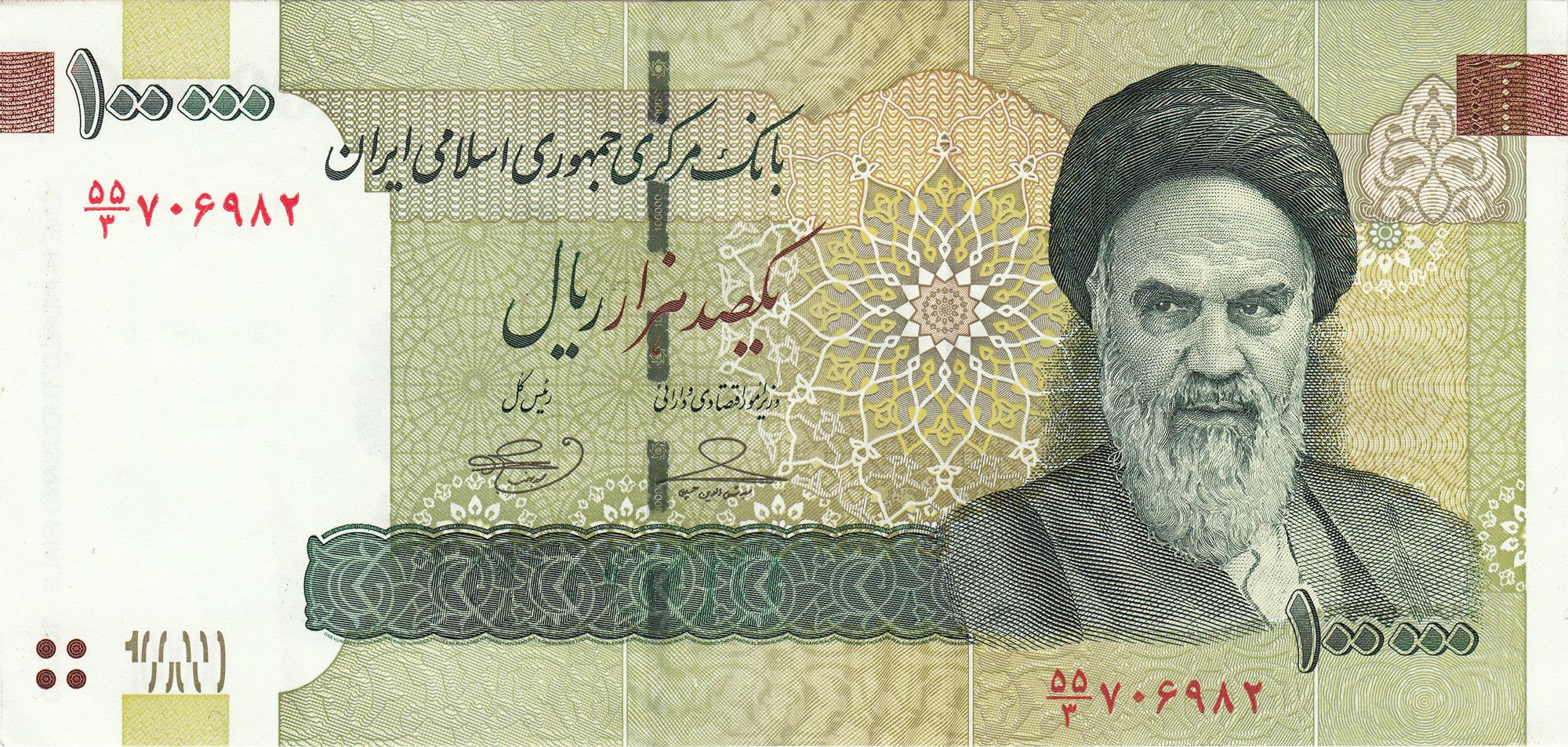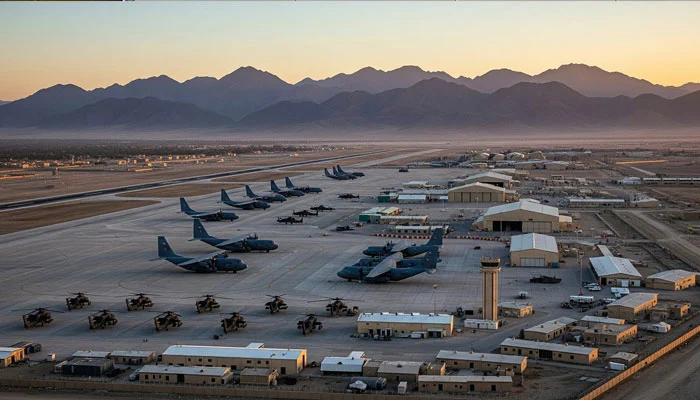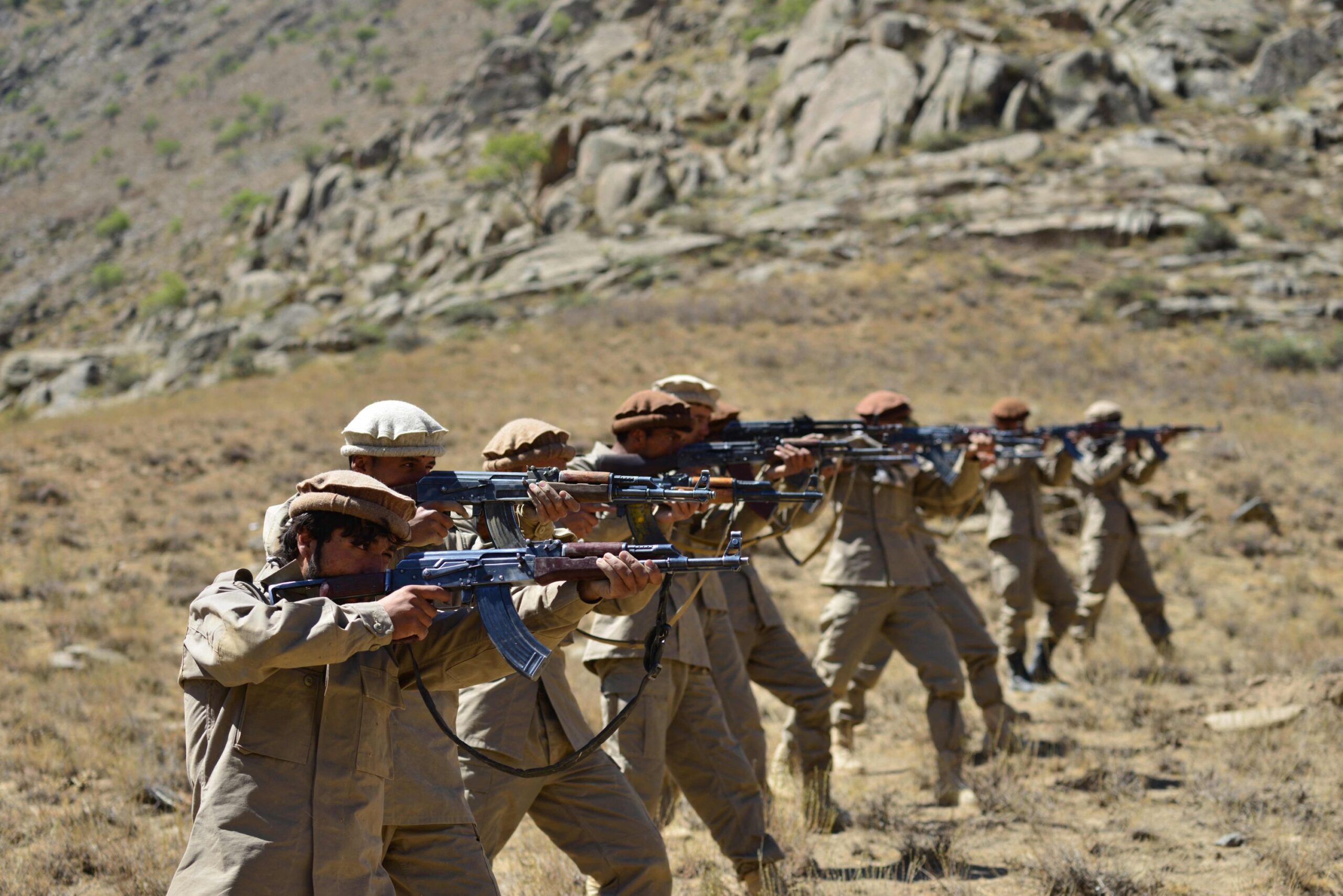The Ministry of Rural Rehabilitation and Development of Afghanistan signed a contract today (Thursday) with a domestic company for the construction of the second phase of the Wakhan road, which extends 71 kilometers.
Mohammad Younus Akhundzada, the acting minister, stated during the contract-signing ceremony that 71 kilometers of the Wakhan road will be built with a budget of 143 million Afghanis.
Emphasizing the economic importance of constructing the Wakhan road, Akhundzada also mentioned that this road could significantly boost trade between Afghanistan and China and directly connect Afghanistan to China.
Akhundzada said: “This route will be a short passage with economic benefits for the Islamic Emirate and China, facilitating imports and exports between the two countries through this road.”
He further dismissed any challenges to the construction of the Wakhan road as baseless and added that once weather conditions improve, construction work on both phases will commence. He stressed that in the past years, serious attention had not been given to this region of Badakhshan, but now the Islamic Emirate is striving to provide essential facilities for the residents of Wakhan.
The acting minister of Rural Rehabilitation and Development said: “The challenges we hear about in the media are not true. This is our country, and we can operate in every part of it without any problems.”
Also See: Pakistan, Afghanistan and the Wakhan Corridor: A Forgotten Gateway
Meanwhile, the head of the contracting company identified cold weather as one of the main challenges in executing the project and assured that the project would be completed within the specified time.
Ghausuddin, the head of the contracting company, said: “Cold weather and oxygen deficiency in the area are challenges. Many times, our workers have fallen ill due to the lack of oxygen. Therefore, we cannot work there throughout the year; only four to five months are suitable for work. However, fortunately, there are no security issues.”
Previously, The Washington Post had reported security and financial challenges in the construction of the Wakhan road, a claim that was rejected by the Islamic Emirate. The Ministry of Economy of the Islamic Emirate stated that Afghanistan, China, and regional countries have the political and economic will to implement this project.
This news is sourced from Tolo News and is intended for informational purposes only.

![Afghanistan signs a contract for the 71-km Wakhan road construction, aiming to boost trade ties with China despite challenges. [Image via Tolo News]](https://southasiatimes.org/wp-content/uploads/2025/03/vlcsnap-2025-03-13-18h23m24s961.webp)




